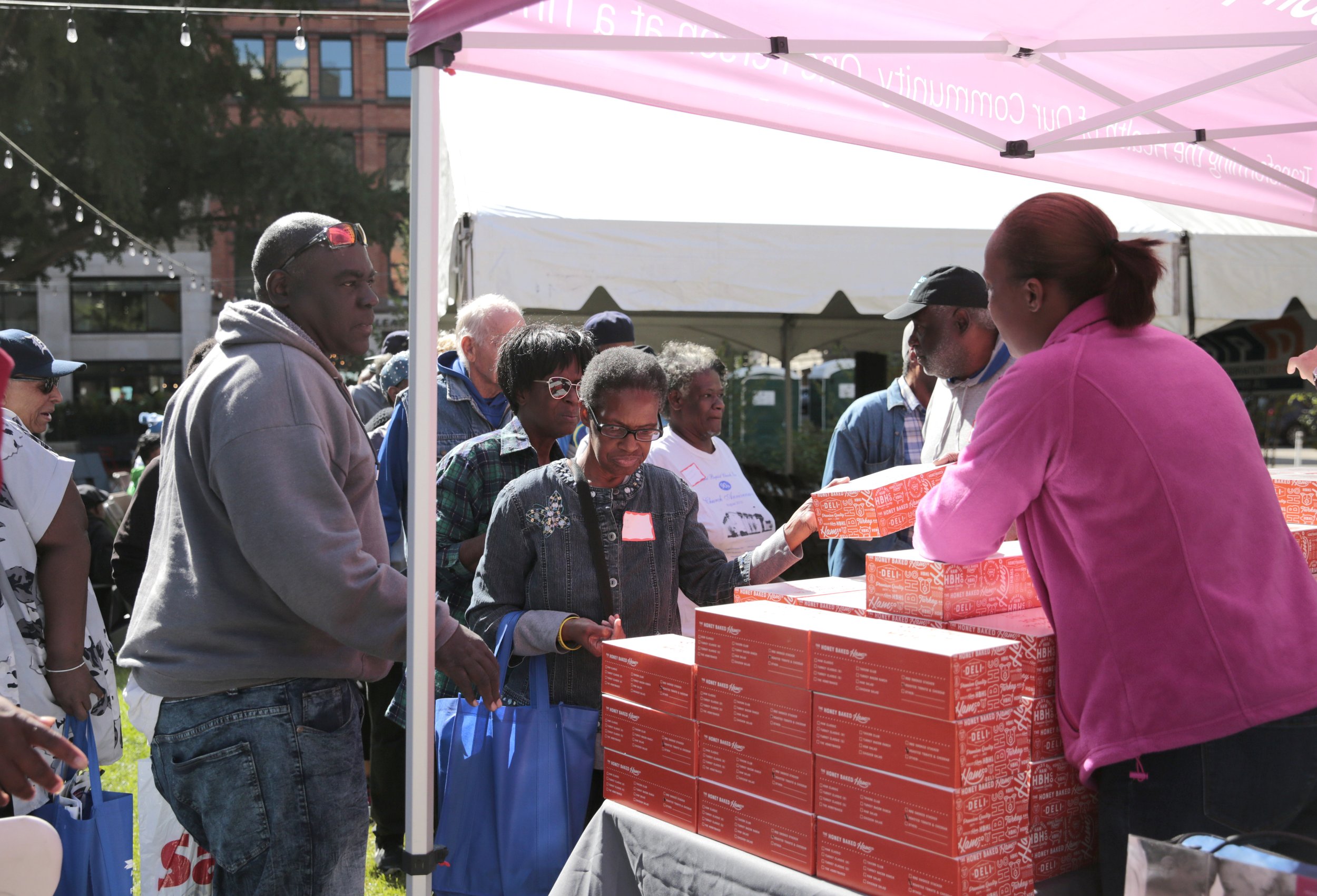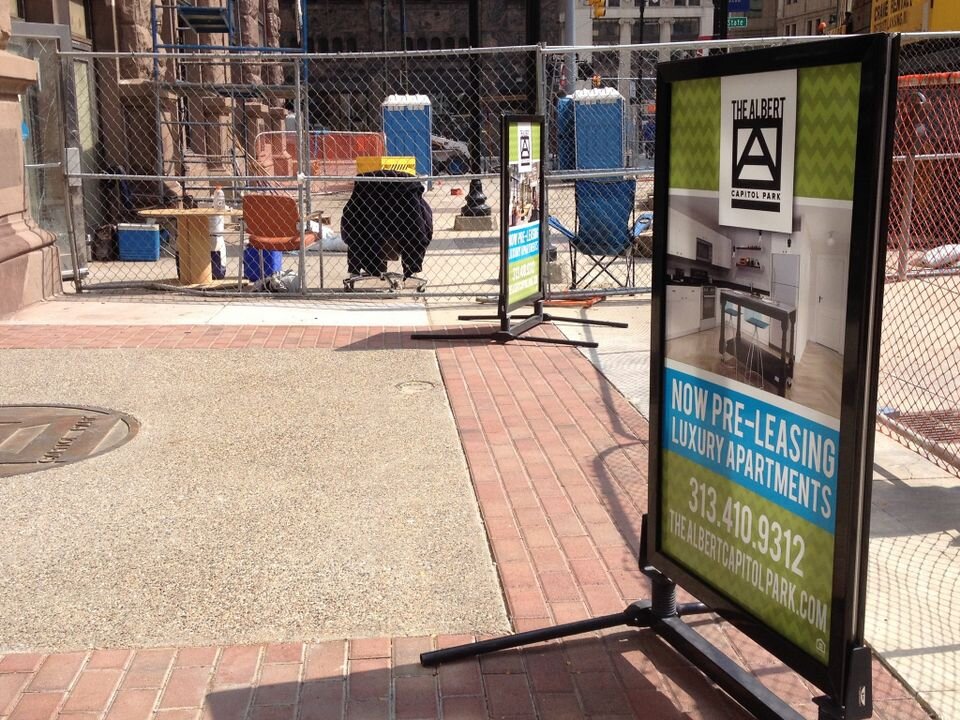
HEALTH + WELLNESS
Given the prevalence of diabetes, hypertension, and cardiovascular disease of older Detroiters that exceeds national and statewide prevalence, and the inadequate transportation in the city (outlined in the “Dying Before their Time” report by the Detroit Area Agency on Aging and Authority Health’s 2016 Population Health Report (Link), we are concerned about how relocation affects the already vulnerable health status of those living in Detroit. By preventing unnecessary displacement through housing preservation strategies, we hope to avert physical and mental health decline in already vulnerable seniors. For those who are displaced and particularly impacted through the loss of their social and health care networks, we hope to avoid decline by assessing their needs and creating an environment where those needs are coordinated with area providers and their well-being is ensured.
SENIOR WELLNESS CHECKS
SHP-D members piloted a process to conduct regular wellness checks with seniors living in multifamily buildings around Midtown and Downtown Detroit. The coalition is looking to expand this pilot into a full program that offers free monthly check-ins for seniors sign up for the service. For seniors who live in buildings that do not have healthcare providers on site, these regular check-ins can facilitate early detection of potential health threats and reduce feelings of isolation.
HEALTH ASSESSMENTS
Led by the Wayne State University Institute of Gerontology, the SHP-D Coalition is finalizing the design for a comprehensive, standardized, and up-to-date mechanism for measuring seniors’ social, mental, and physical well-being, specifically as it relates to where they live. Results from these health assessments will be used to inform a pilot program that offers regular on-site appointment hours with a healthcare professional for the 4-5 buildings where seniors are most at-risk.
FOOD ACCESS
At the height of the pandemic when mobility for most seniors was extremely limited, SHP-D partnered with Senator Stephanie Chang’s office to deliver essential items, personal protection equipment, and food to seniors across XX multifamily buildings. The challenges in executing this service revealed weaknesses in systems of coordinated care, even when resources were available. Using this experience as a blueprint, SHP-D is partnering with XXXXX to develop a coordinated response mechanism to reduce food insecurity for seniors, maximize the reach of donated goods, and implement more intentional programs to improve food access (i.e. on-site farmers markets, senior appreciation days, other food-based programming).










